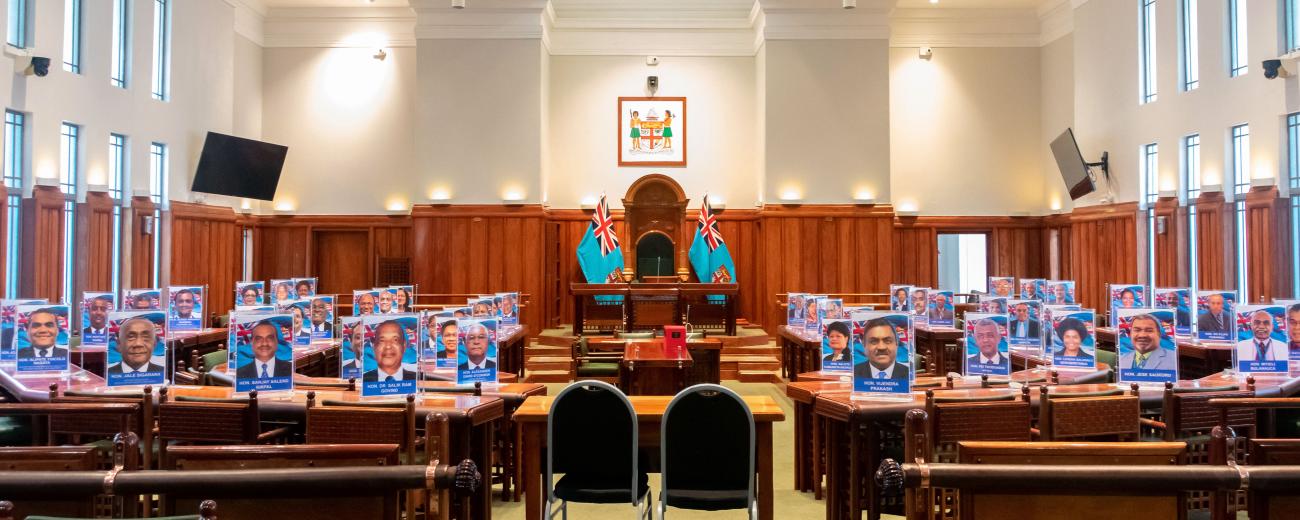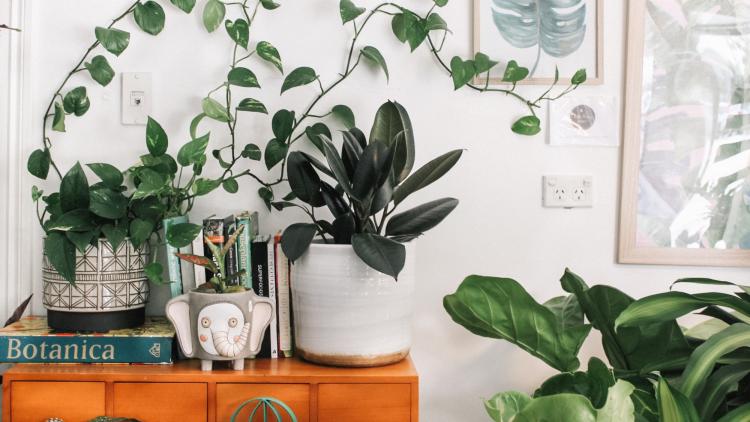Collaborative Ethnographies of Parliaments


Exploring collaborative ethnographies of parliaments, politicians and people in Brazil, Ethiopia, Fiji, India, the US, and the UK.
Overview
The award of a European Research Council (ERC) Advanced Grant of €2.5 million allowed a team of scholars to explore the ruptures in relationships between parliaments, politicians and people in Brazil, Ethiopia, Fiji, India, the UK and the US. The team, co-ordinated by Emma Crewe, includes Richard Axelby, Cristiane Brum Bernardes, Giulia Sbaraini Fontes, Telma Hoyler, Jastinder Kaur, Cristina Leston-Bandeira, Amir Massoumian, and Mitiku Gabrehiwot Tesfaye, with two advisors in the UK: Gerhard Anders (University of Edinburgh) on ethics and Shirley Van Der Maarel (University of Manchester) on visual anthropology.
The institutions that lie at the heart of our democracies – parliaments – are disdained by the public and under-researched by scholars. At a time when in-depth political scrutiny has a vital role to play in addressing democratic deficits, this research investigated the relationships between parliaments, politicians and people through collaborative interdisciplinary ethnography, photography and film. A central question of this project asked: how can anthropology and ethnography deepen our understanding of parliaments, enabling scholars, artists and practitioners to think critically about institutions, undertake political scrutiny and foster more inclusive forms of democracy?
You can read our findings in our output library and see trailers for four original documentary films on a youtube playlist. An exhibition and co-written book Living Democracy: Open Conversations – compared the riffs, rhythms and rituals of politics around the world. The exhibition, held at London’s Brunei Gallery between January and March 2024, can now be visited online. Additionally, the Elgar Encyclopaedia of Parliamentary Studies, edited by Cristiane Bernardes and Emma Crewe (forthcoming), contains 82 entries from explaining topics as varied as oversight, speakership, time and processes of silencing.




